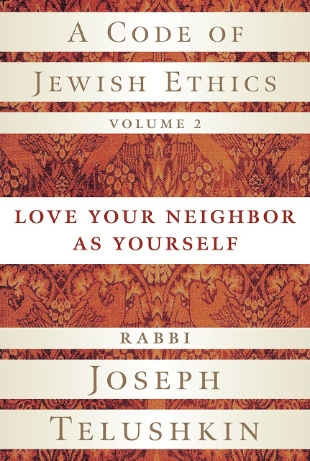"The Hebrew term lashon hara refers to negative, critical speech about others. Maimonides proposes, in effect, the precise opposite, lashon hatov, good speech, in which we praise others and relate anecdotes that show them in a good light. A friend relates that when 'I meet someone I know with their offspring, I compliment the parent to their child. I try to relate something specific that the parent once did, rather than a generic compliment.' We often think in terms of complimenting children to their parents, but it is equally important for parents that their children realize that others hold them in high regard.
"The Jerusalem writer Sara Rigler offers additional practical suggestions on how to make lashon hatova part of daily behavior: 'Every night at dinnertime or bedtime, tell your spouse one positive thing about each of your children: 'When Rachel spoke on the phone with her grandmother today, she showed her a lot of love and respect.' We should also note our spouse's good points to our children [unfortunately, some couples do the opposite and complain about their mate to their children]: 'Daddy was very tired tonight, but even so, he helped you with your homework.' Similarly, we should mention our friends' good traits to one another: 'Debbie is reliable. She promised to do something for me, and even though it was inconvenient, she followed through.' We should speak lashon hatov about those who work for us as well (many people harp on the flaws of their employees): 'My secretary is sick, but she came in today because she knew it was important and I really needed her.'
"Concludes Rigler: 'With each if these simple statements, you fulfill the most glorious of all mitzvot: 'Love your neighbor as yourself.'
